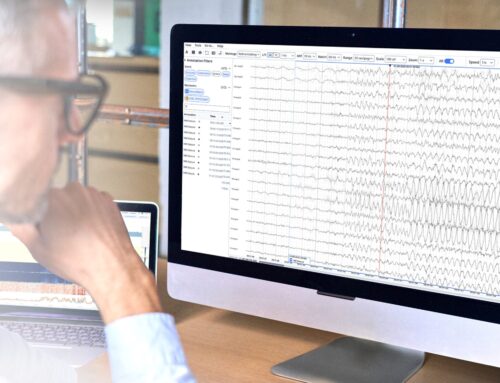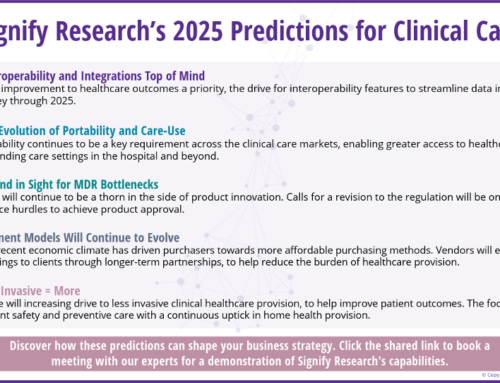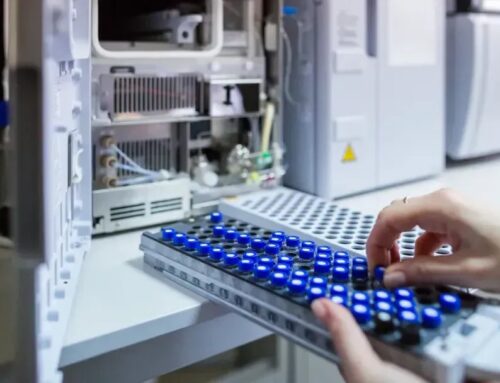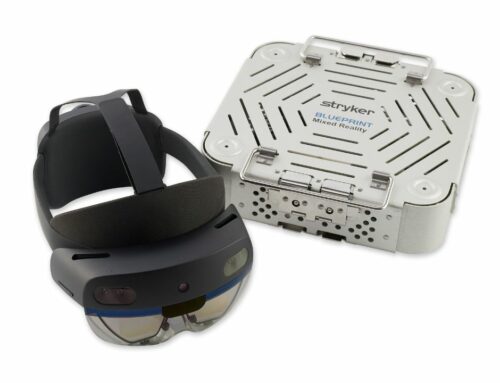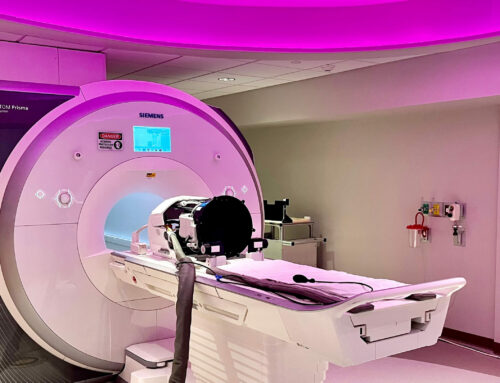Health and Wellness Drive Need for Faster, Cheaper, More Efficient Diagnostics
By David Stein, Chief Executive Officer, Babson Diagnostics
We live in a just-in-time world. We only need to pick up our smartphones and within moments we order a car to drive us home. Or book a reservation at a hotel or restaurant. Or have dinner delivered after a long day of work. I could go on and on.
Just-in-time is a philosophy that was pioneered by Japanese businesses in the 1960s in the context of auto manufacturing. The idea is a simple one: Eliminate waste, order only what you need, and enforce strict quality controls. Just-in-time strategies have been adopted across industries, from electronics to fashion to retail, and underpin global supply chains.
Convenience is the new currency, yet the healthcare industry has been slow to recognize changing customer expectations. Take blood testing, for instance. Routine blood testing is one of the most important ways to keep track of your physical wellbeing. Getting tested at regular intervals can allow you to see how your health and biology changes over time, give you information about the risks of developing future diseases, and empower you to make informed decisions about your health.
But conventional diagnostic blood testing technology hasn’t changed notably since it was created over 70 years ago. For many people, a blood test hardly feels like a routine medical procedure. Many adults are unnerved by needles and avoid blood tests altogether.
In addition to the potential for anxiety, blood testing is inconvenient. You usually have to go to a doctor’s office or a patient service center, which may not have hours and locations that fit with your schedule. The current analysis paradigm also is upside down. Most of us usually get a blood test as part of our annual physical, but the lab results are obtained after the physical exam, when the opportunity to speak to your doctor has passed.
One of the most frequently ordered blood test panels is the comprehensive metabolic panel, or CMP, that measures your glucose levels, electrolyte and fluid balance, kidney function, and liver function. It’s a very important test panel because it can help diagnose a variety of diseases and conditions, such as kidney disease, liver disease, and diabetes.
The test results usually come back in a few days and the results display the levels of 14 substances in your blood, including albumin, bilirubin, creatinine, and alkaline phosphatase. Do you know what those are?
If you’re like many, you google these terms every year to understand what they mean, and whether your levels are normal. With the advent of electronic medical records, some primary care doctors have started sharing their evaluation of the tests with patients electronically, bypassing a follow-up phone call. It’s clear that this time-saving measure takes pressure off often-overburdened physicians, but the process always leaves me wanting more.
Wouldn’t it be better for you and your physician if test results were already in hand at the time of your annual physical and discussed in person instead of by email or phone? Your doctor would be able to explain the importance of bilirubin (and the other 13 parameters measured in the CMP), how abnormal levels affect your health, and changes you can make to restore levels back to normal.
For the paradigm to be flipped, we need a new approach to diagnostic blood tests — one that fits into our transactional lifestyles. Tests need to be more accessible and convenient so people can get blood collected while picking up a prescription or buying a few essentials. This convenience is possible if the technology for collecting a blood sample, preparing it for analysis, and testing it is less invasive, more automated, and uses smaller samples of blood than would be needed for conventional diagnostic blood testing.
Babson Diagnostics is in the process of validating that technology through clinical studies in real-world pharmacy environments. We are getting closer every day to offering just-in-time diagnostic blood testing, making vital preventive care more convenient, accessible, affordable, and kind.


